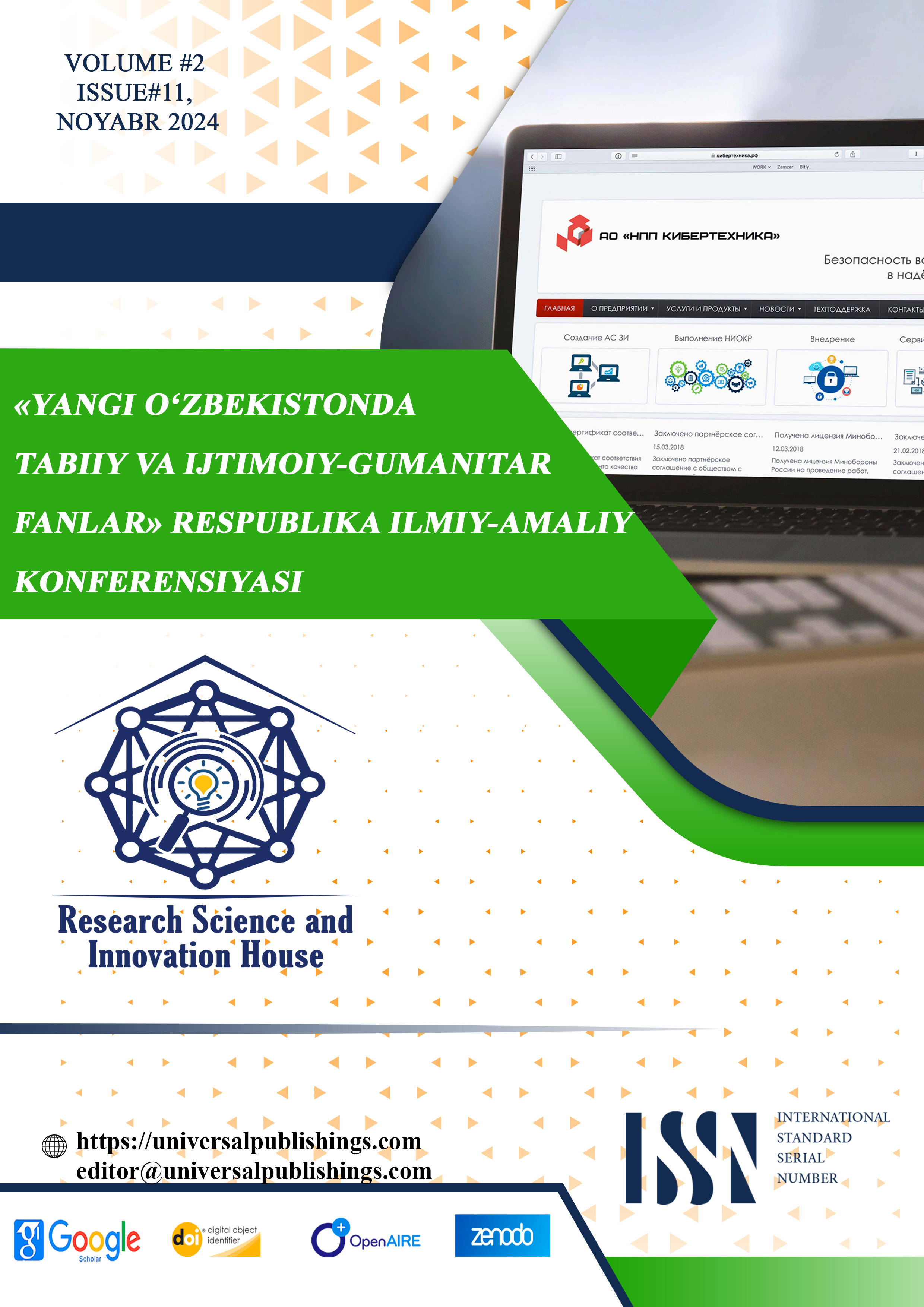Abstract
This article examines corpus-based approaches to the study of phraseology in contemporary English, emphasizing their role in analyzing the actual usage, frequency, and contextual behavior of phraseological units. Corpus linguistics provides a data-driven methodology to identify and classify phraseological expressions, shedding light on their semantic, syntactic, and pragmatic properties.
References
Below is a sample list of references that could be used for a research paper on corpus-based approaches to phraseology in contemporary English. If you have specific sources, you may replace or expand upon these.
1. Biber, D., Conrad, S., & Reppen, R. (1998). Corpus Linguistics: Investigating Language Structure and Use. Cambridge University Press.
2. Cowie, A. P. (1998). Phraseology: Theory, Analysis, and Applications. Oxford University Press.
3. Gries, S. T. (2008). "Phraseology and Linguistic Theory: A Brief Survey." Phraseology: An Interdisciplinary Perspective, 3–25. John Benjamins.
4. Hunston, S. (2002). Corpora in Applied Linguistics. Cambridge University Press.
5. Moon, R. (1998). Fixed Expressions and Idioms in English: A Corpus-Based Approach. Oxford University Press.
6. Nesselhauf, N. (2004). Collocations in a Learner Corpus. John Benjamins Publishing.
7. Sinclair, J. (1991). Corpus, Concordance, Collocation. Oxford University Press.
8. Stubbs, M. (2001). Words and Phrases: Corpus Studies of Lexical Semantics. Blackwell.
9. Tognini-Bonelli, E. (2001). Corpus Linguistics at Work. John Benjamins Publishing.
10. Wray, A. (2002). Formulaic Language and the Lexicon. Cambridge University Press.

